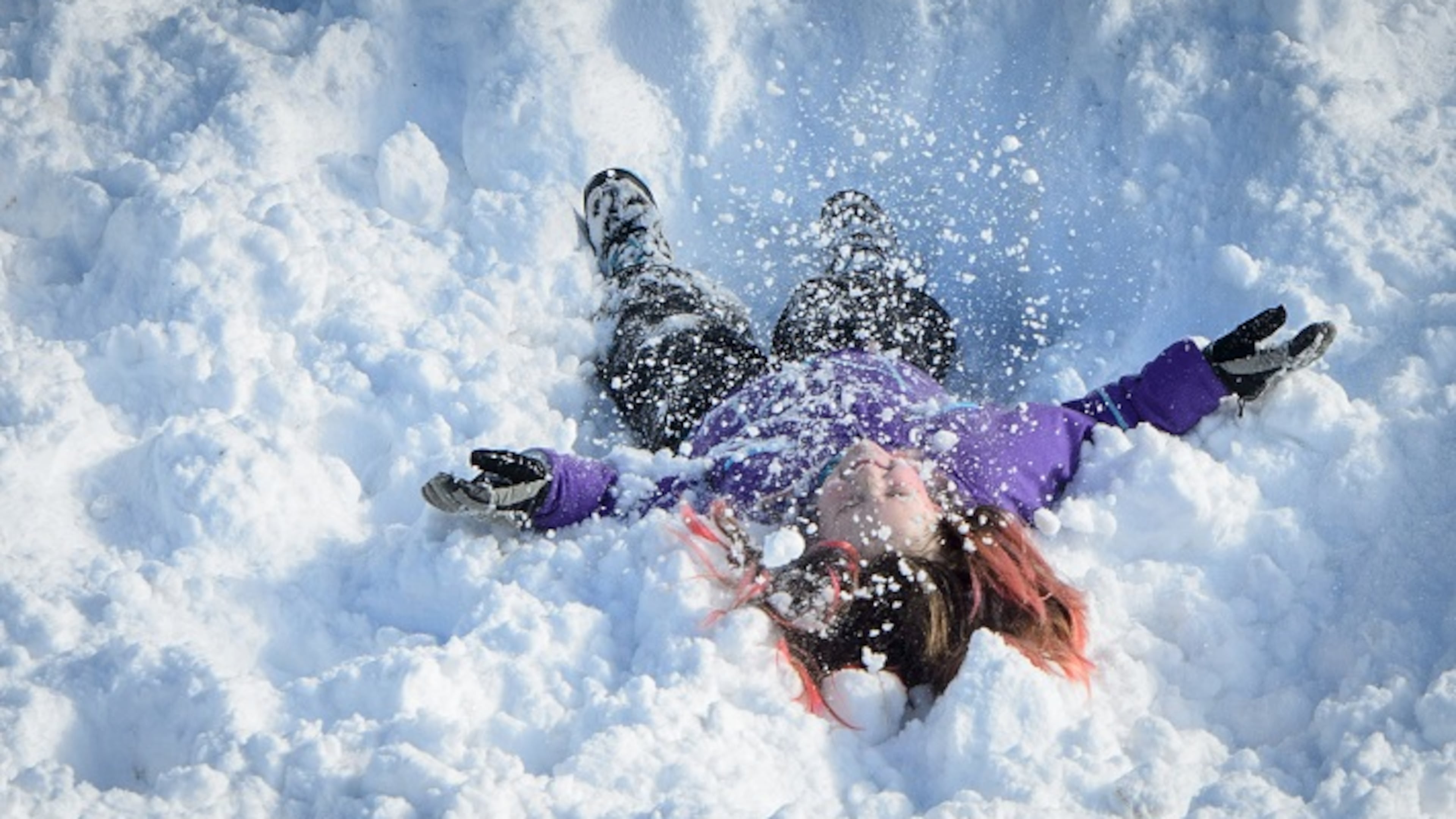Ice cream made out of snow turns a cold shoulder to safety concerns

Who among us hasn’t stuck their tongue out on a wintry day to catch a few falling snowflakes?
The taste, or thirst, for snow seems to be at an all-time high lately, with mouthwatering pictures of snow cream and slushy drinks popping up on Instagram feeds and Pinterest — along with recipes.
But is it safe to eat snow?
That depends, scientists say. Here’s the cold, hard truth about it:
Snowflakes originate way up in the atmosphere, taking on their unique shape as water vapor condenses in the air and forms ice crystals around tiny bits of debris. That debris hanging in the air is dust or pollen.
But as the snowflakes fall, they may also pick up other elements in the atmosphere, including pollutants. An eye-opening study led by a McGill University chemistry professor, Parisa Ariya, found that snow absorbs toxic compounds emitted from car exhaust, meaning that the snow you’re eating may very well be laced with pollutants.
Before you drop your mittens full of the white stuff and flee, consider this: Scientists say the trace amounts of chemicals found in snow — even in cities with lots of traffic — do not reach harmful levels. Especially considering that most people’s snow consumption falls into the tasting, not gorging, category.
That said, here are a few other things to watch out for when nibbling snow:
— Color. We all know to avoid, ahem, yellow snow. But did you know pink or watermelon color snow is also a no-no? That pinkish hue might be pretty, but it's a sign that there's algae growing in the melting snow. Eating it produces the same effect as a laxative.
— Wind. Blowing snow tends to pick up dirt and other ground contaminants.
— Plowed snow. That pile at the end of the driveway often includes crunchy bits of sand and salt.
By the way, here's a recipe for making snow cream: Stir together 8 cups of snow, 1 cup milk, 1/3 cup sugar, 1 teaspoon vanilla extract and top with sprinkles (not only for taste, but also for better Instagram pictures).

